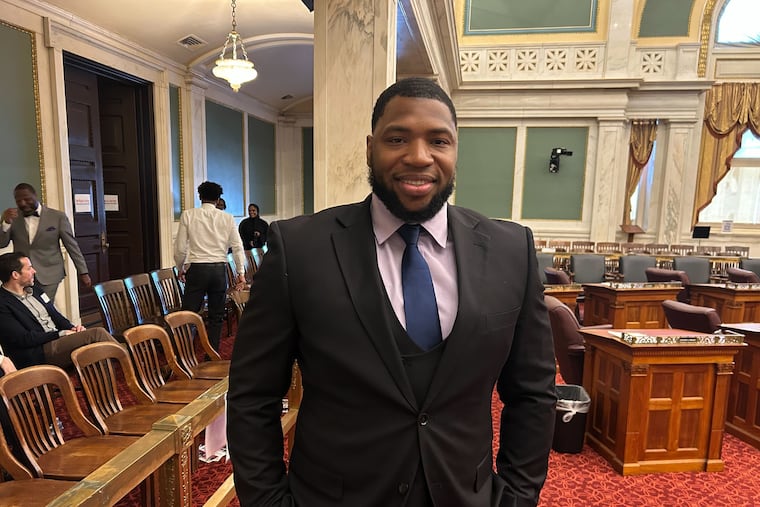NYC Traffic Enforcement Agents Seek Peace Officer Status for Enhanced Authority
In New York City, a pressing issue has emerged surrounding the protection and rights of Traffic Enforcement Agents (TEAs), who seek to gain peace officer status from the New York Police Department (NYPD). Both TEAs and uniformed police officers wear the same NYPD patch, yet significant differences exist in their legal protections, particularly when faced with assaults while performing their duties.
According to the union representing TEAs, the lack of peace officer status leaves these agents with significantly fewer benefits and protections. While NYPD officers receive comprehensive health benefits when injured on the job, TEAs do not. Furthermore, assaults on police officers carry heavier penalties compared to the lesser designation of harassment for assaults on TEAs. The union argues that this discrepancy puts their members at greater risk during confrontations.
Currently, the city is home to approximately 2,500 traffic enforcement agents, many of whom are immigrants and individuals from diverse racial backgrounds. Their responsibilities include directing traffic and enforcing parking regulations, with starting salaries ranging from ,493 to a maximum of ,874. TEAs wear distinct light blue uniforms, but their presence may often be indistinguishable from that of police officers to the general public.
The union has documented numerous incidents of violence against traffic enforcement agents. In one recent case, an agent in Brooklyn was attacked with a bottle of juice by a motorist after issuing a parking ticket. In a separate incident last December, an agent was assaulted and robbed of his electronic summons book. Reports of assaults indicate that such occurrences are frequent, yet many remain unreported, exacerbated by the lack of adequate protections for TEAs.
A notable case involved an FBI agent accused of assaulting a TEA while receiving a parking ticket. This incident garnered significant media attention, highlighting the challenging environment in which TEAs operate. Under current regulations, gaining peace officer status would provide agents with essential protections, such as unlimited sick leave for injuries sustained on the job.
For two consecutive years, the union has sought to equip its members with body-worn cameras to enhance accountability and deter potential abuse. Despite their appealing potential, the request has not yet been fulfilled, leaving TEAs vulnerable to unprovoked attacks without sufficient means to document incidents.
While the union continues its advocacy for safety improvements, the NYPD maintains that reported assaults against TEAs have decreased in 2023. The agency stated that, as of June 22, there were ten reported assaults, which is a decline from the previous year.
The path toward achieving peace officer status involves overcoming significant bureaucratic hurdles. The union would require approval not only from city officials but also from the state, alongside a commitment to new training programs mandated by the state’s Division of Criminal Justice Services.
In light of ongoing discussions surrounding the treatment and protection of Traffic Enforcement Agents, the safety of these essential city workers remains a critical issue, emphasizing the need for reform and recognition of their role within the broader law enforcement community.







